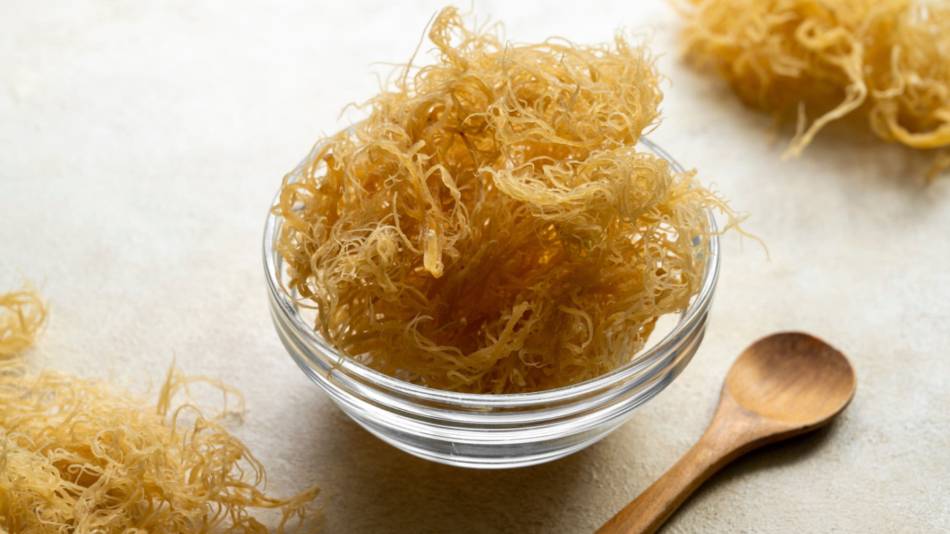
Answer:
Sea moss (Chondrus crispus), also called Irish moss, is an edible red seaweed that grows along parts of the Atlantic coasts of Europe and North America, particularly along rocky shores. It is commonly used as a source of carrageenan, which makes up about 50% the dry weight of Irish moss. Carrageenan is used in foods and supplements to improve texture or as a thickening agent (Chopin, J Phycol 1995; Chopin, Botanica Marina 1999), although a specific type of carrageenan (sometimes called "poligeenan") has been linked with adverse health effects.
Sea moss (typically as a powder or gel) has been promoted for variety of health applications relating to thyroid health, Parkinson's disease, fertility, as well as to boost immunity and energy, improve gut health, to reduce pain, and improve skin and hair, but none of the purported health benefits of sea moss have been confirmed in clinical studies.
Sign in as a member for more details about the purported health benefits of sea moss, as well as information about possible side effects of sea moss and its constituent, carrageenan.
Join today to unlock all member benefits including full access to all CL Answers and over 1,400 reviews.
Join NowAlready a member? Sign In Here.
Join now at www.consumerlab.com/join/


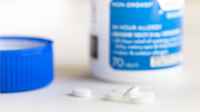

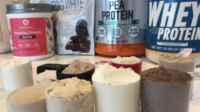
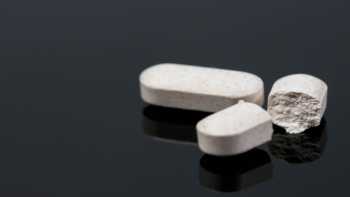

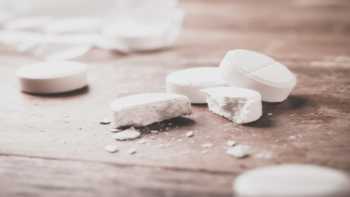








Wallie3465
March 28, 2021carrageenan is one of the ingredient in Tom's whitening and anti plaque toothpaste. I purchased it because of being fluoride -free but never thought that it would contain carrageenan. Is it really necessary ?
Reply to this post…
J B
April 17, 2019Re carrageenan, Drs. Oz and Roizin write a syndicated newspaper column re health topics, and recently discussed carrageenan. Their information was strong enough to convince me that's it's a no-no, food-grade or not. Check it out online. The newspaper in which I saw it is the Palm Beach Post.
Reply to this post…
Curtis3459
February 24, 2015Very interesting. Growing up along the Rhode Island seashore, we collected the plentiful seaweed known as "Irish Moss" and used it to make "blancmange" or "seaweed pudding," basically by boiling it in flavored milk, which then thickened when cooled. (You had to strain out the pieces of seaweed before the pudding cooled.) We collected only the pieces that had washed up on the sand and been there long enough to bleach out to a white color. At one time, quite a few folks did this, and I never heard of any bad effects on the digestive system. I wonder if there's a difference between the material fresh from the ocean, and that which gets commercially processed.
Mary Beth3461
February 25, 2015It may also be a total exposure thing, you probably did not eat that pudding every day, but with this being added to a surprising array of products, we are probably exposed to a lot more, at a constant level..
Reply to this post…
Mary Beth3456
February 23, 2015I had a long period of serious digestive disturbance, after a course of Levaquin - I could not tolerate any dairy at all, and once I made the correlation, I switched to soy milk, which was just as bad, and I was so depressed! Then I saw a Dr Weil post on carrageenan in soy milk, and once I switched to one that did not contain it, I was fine. It took years of probiotics to get my gut back to normal, but now I am able to pretty much eat what I want. However, I still have trouble with carrageenan, and I am hard pressed to find heavy cream (for my coffee) that does not contain it! I don't understand why heavy or whipping cream would need to be 'creamier', but Kalona is the only one I can find without it, even at the co-ops. Very disappointing.
Bach3458
December 13, 2015Try getting organic cream from a natural food store (local dairy, not super pasteurized and homig. national brands. )
Toni3457
July 28, 2021Organic Valley had such a cream, but it is now only sold in the Pacific Northwest, and even that may go away. They purportedly have substituted another thickener for carrageenan. They add thickeners to their ultrapasturized cream only - ? something about that level of heating makes the cream less whippable, perhaps? Ultrapasturization extends the unopened shelf life of the "cream", but not the opened life. It also stabilises it after whipping - good for bakers, I suppose. Unfortunately, it is missing the unadulterated sweet cream flavour, and is a bit weird in coffee.
If you want to keep access, then contact the company and tell them that you love/buy their product whenever you can...
Reply to this post…
Martin3454
February 22, 2015Why do we even allow carrageenan, a possible carcinogen in out foods and nutritional supplements at all? There are totally safe substances that improve texture or thicken without causing inflamation and possibly contribute to cancer. If you're a label reader, as you should be, do yourself and your family afavor and do not buy anything with carragreenan. Caragreenan is a cheap food additive that some manufactures put into their products to save a few cents. I have a long history of ulcerative colitis and have avoided carrageenan for more than 20 years. Anyone with UC, bowel diseases of any sort, irritable bowel, or who have had family members that had colon cancer, should avoid carrageenan like the plague! One more observation, the more responsible food manufactures do not use carrageenan in there food and supplement products!
Andrea3455
March 11, 2016Hi Martin565, can you tell me what safe alternative thickeners you are aware of? I would like to suggest some to the organic food manufacturers whose products have carrageenan.
Reply to this post…
Siegfried3451
February 22, 2015It appears that a frequent discussion on blogs is that it lowers testosterone?
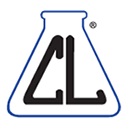 ConsumerLab.com
ConsumerLab.com
February 23, 2015Hi Siegfried - We have seen a study in which degraded carrageenan was injected into rats to induce inflammation and the effects of testosterone on the pain response was measured (http://www.ncbi.nlm.nih.gov/pubmed/17008018) - but have not seen studies showing carrageenan to lower testosterone levels in people.
Can you let us know where you have read this, and/or what research was cited?
Reply to this post…